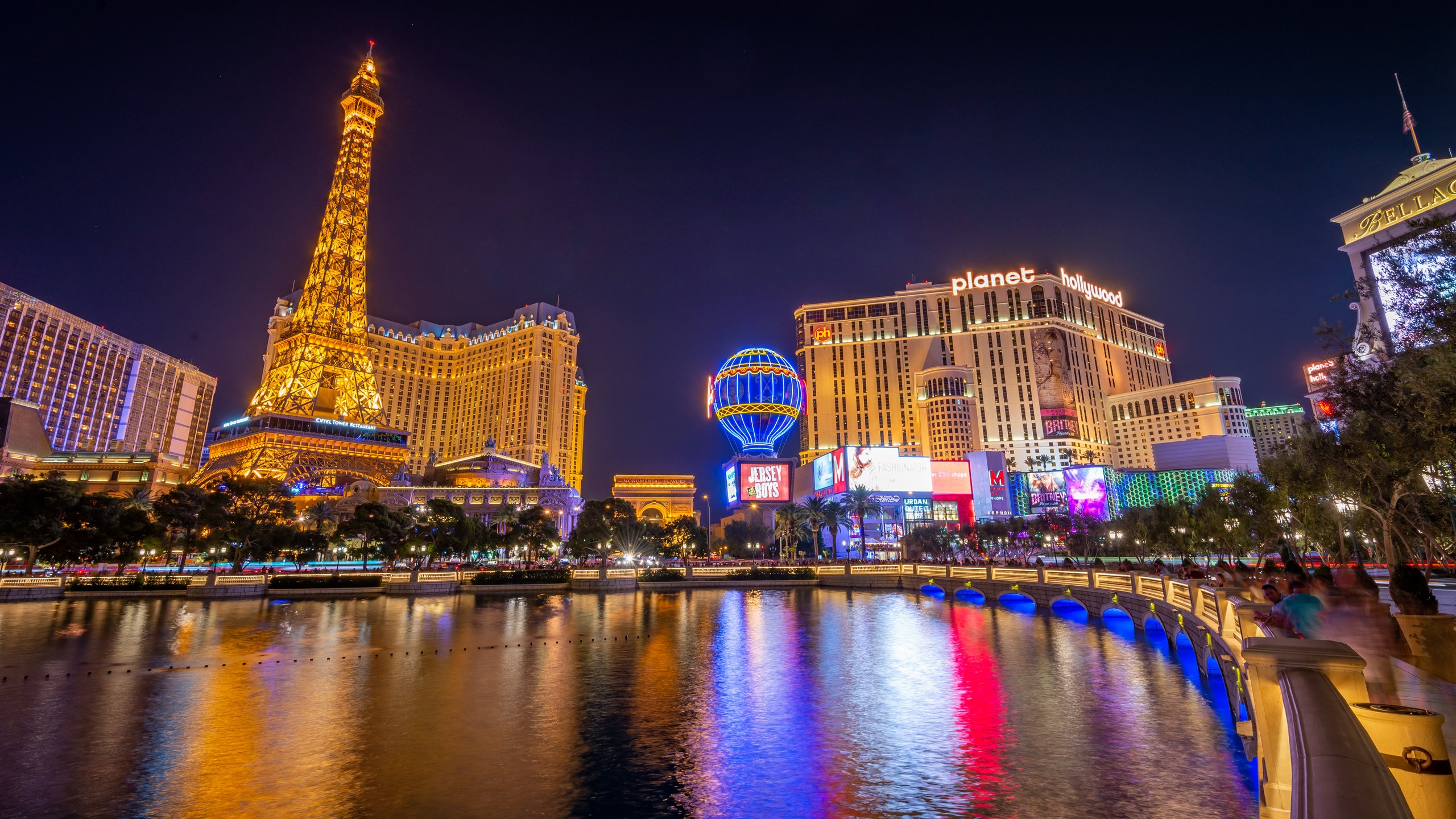Casino Games and Their Influence in Popular Culture

Gambling games have long captured the interest of humans around the planet, becoming an integral part of both leisure and culture. From the shimmering lights of the Vegas Strip to the engaging experience of internet gambling, these activities evoke thrill, uncertainty, and sometimes even a sense of sentimentality. They are beyond just pastimes; they have woven themselves into the tapestry of human experience, influencing various aspects from film and songs to fashion and books.
The charm of casino games transcends the gambling aspect, tapping into larger themes of fortune, possibility, and social interaction. As players assemble around a card table or turn the wheel of fortune, they engage in an timeless ritual that resonates with our communal desire for adventure and uncertainty. casinos not on GamStop This fascination has led to the growth of countless references in films, songs, and gaming, showcasing how deeply entrenched these activities are in pop culture. Whether it is the intense drama of a classic caper or the vibrant nightlife portrayed in music videos, casino games have created a substantial role that reflects our connection with reward.
Historical Significance of Casino Activities
Gambling activities have played a crucial role in social aspects throughout history. Stemming from old societies, games of chance were often connected to rituals or gatherings. For example, early iterations of these activities can be linked back to ancient China and the Romans, where die games and wagering on outcomes were common pastimes. These games not only functioned as entertainment but also as methods of connecting people, facilitating relationships among people within societies.
As societies evolved, so did the complexity and organization of casino games. The establishment of official casinos in the 17th century, particularly in Italy, marked a significant shift in how games were viewed and organized. With designated spaces for gaming, the casino became a social hub where people from various backgrounds gathered. This change contributed to the legitimization of gambling, transforming it from a mere pastime into an organized industry that influenced economy and regulations.
The impact of casino games on popular culture cannot be understated. As they were popularized in books and film, games such as Texas Hold’em and blackjack became symbols of chance, chance, and strategy. Famous figures and stories have developed around these activities, illustrating societal views towards fortune, wealth, and vice. This fascination with gambling games has infiltrated various forms of entertainment, solidifying their status in the public imagination and linking them to broader cultural stories throughout history.
Representation of Gambling Games in Media
Casino games have long been a popular subject in various forms of media, reflecting both the excitement and nuances of gambling culture. Films such as Ocean’s Eleven and Casino Royale portray figures who navigate high-stakes environments, showcasing not only the allure of the casino atmosphere but also the strategies and decisions that come with playing popular games like poker and blackjack. These movies often dramatize the excitement of winning and the potential consequences of losing, encapsulating the dangers involved in betting.
Television shows have also explored the world of casino games, often integrating them into the narrative as a setting for character development and conflict. Shows like Vegas depict the stories of gambling employees and customers, highlighting the dynamic, often disorderly energy of the gaming floor. Docuseries featuring high-stakes betting contests further emphasize the fascination of casino games, drawing viewers into the drama and strategy involved in each game. Through these representations, media not only amuses but also stimulates conversations about fortune, skill, and the nature of randomness.
Digital games have increasingly included gambling activities into their structure, allowing players to simulate the experience of gambling without financial exposure. Games within the landscape of online gaming often include virtual slots, online poker, and other popular casino games, creating an immersive gameplay that mirrors actual casino experiences. These virtual portrayals make casino games accessible to a global audience, appealing to both gamblers and those who enjoy the rush of simulation. As a consequence, the representation of casino games in entertainment continues to shape cultural attitudes and cultural significance, highlighting their place in society and culture.
Effect of Casino Games on Communities
Casino games have a meaningful effect on communities, influencing multiple facets of societal norms and social behavior. They often serve as a venue for social interaction, where people come together to experience a shared experience. Casino trips with friends or trips to casinos become social activities that build connections and create shared moments. This collective aspect boosts the fun value of gambling activities, making them a favored choice for festivities and leisure activities.
Additionally, casino games have been depicted in numerous movies, television shows, and literature, shaping perceptions and opinions towards gaming and gaming. Icons like James Bond playing baccarat or the high-stakes poker scenes in films have cemented these games in the shared imagination. This representation often idealizes the culture associated with gambling, attracting new players and influencing trends in both fashion and behavior. These representations can spark curiosity and lead to a more profound exploration of the intricacies of gaming.
Nonetheless, there are also adverse consequences linked to the widespread appeal of casino games. The allure of quick monetary gain can lead to problem gambling and economic troubles for some individuals. The community must grapple with these consequences, advocating for responsible gaming and awareness of the risks involved. Finding a balance between the fun aspect of gambling activities with the potential for harm is crucial to ensure that they continue to be a positive aspect of our cultural landscape.
